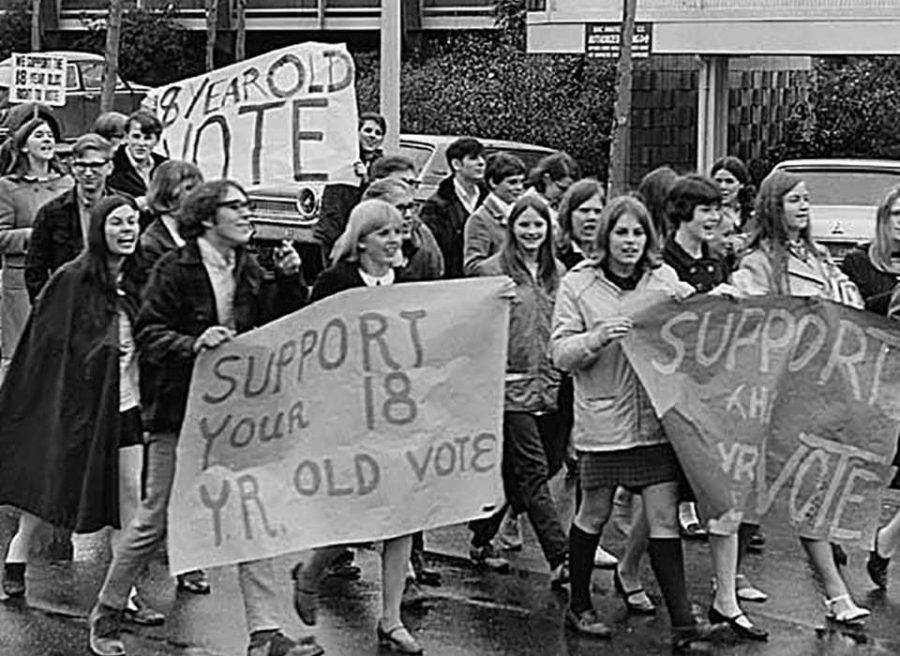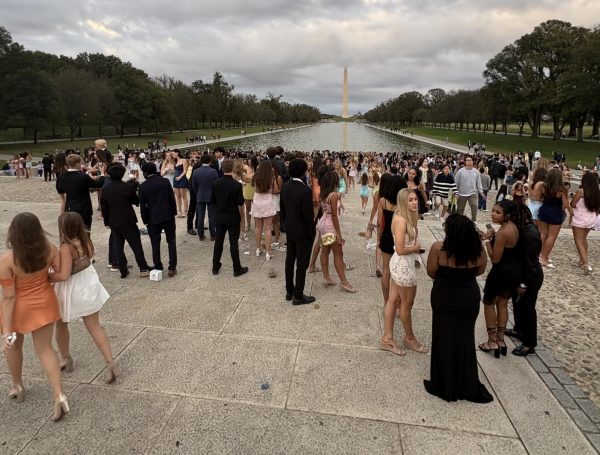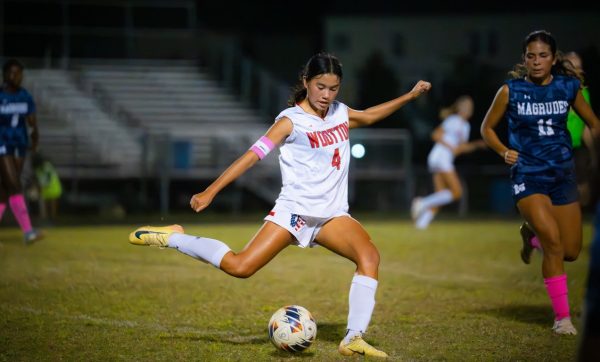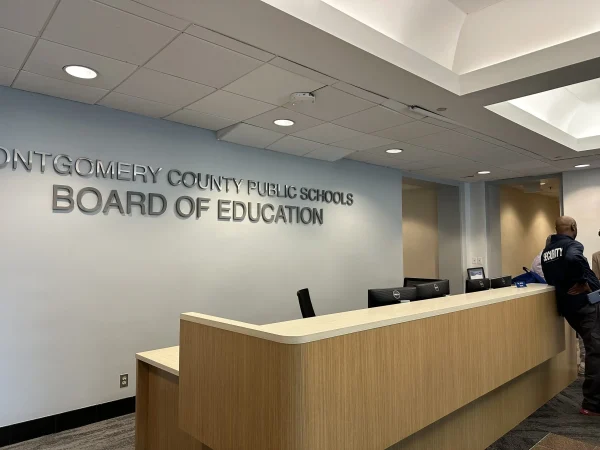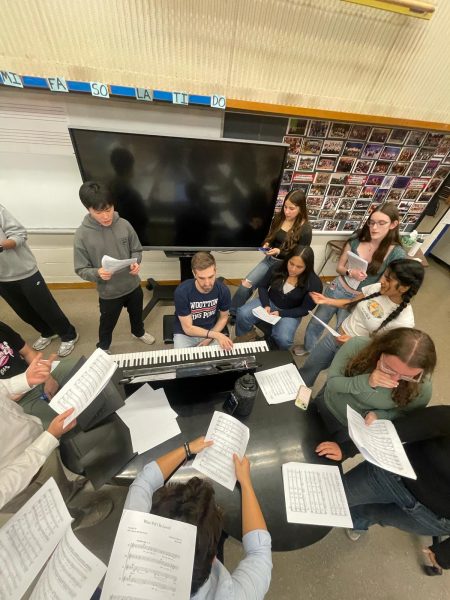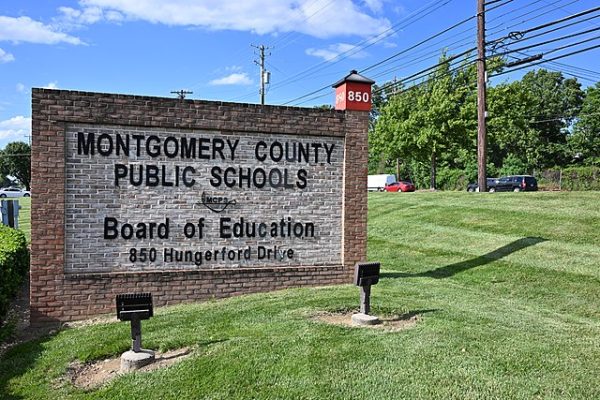Lower the voting age to 16
Photo used with permission from Google Creative Commons
In 1970, after years of protest, Congress lowered the voting age from 21 to 18. The enfranchisement of Americans aged 16 and 17 is the next step on the winding road of American voting rights.
As the midterm elections approach, there are millions of 16- and 17-year-old Americans who should be able to vote, but will be denied their enfranchisement in November.
These Americans are given other responsibilities and rights that adults possess, without the benefit of voting. For example, in six states one can obtain a learner’s permit at just 14, with the age often set at 15 and 16 in most other states. Essentially, states trust teenagers to make split-second decisions in deadly vehicles, but apparently making an informed decision with the opportunity to educate oneself beforehand goes too far.
In most states 16 is both the age of consent for marriage and the age of consent to engage in sexual activity. The governmental consensus is that 16 year olds are mature enough to fundamentally change their own lives. Surely the right to choose between two candidates (or not to vote) requires similar or less maturity than entering the life-altering contract that is marriage.
Sixteen and 17-year-olds also have no limits on the hours they work, as well as paying income tax on their earnings. It seems worthy to note taxation without representation was the Founding Fathers’ primary source of outrage toward a tyrannical monarchy.
One of the most hypocritical aspects of how 16- and 17-year-olds are evaluated by the government is when they commit serious crimes; suddenly they are mature enough to understand the consequences of their actions, like a legal adult, and should face the consequences. The majority of states allow anyone over the age of 13 to be tried as an adult. What is exercising one’s right to vote if not a measured choice, in which someone would understand the consequences of their choice?
Another argument holds that 16- and 17-year-olds lack the civic knowledge required to vote. Putting aside the fact that America does not place any standard of civic knowledge for citizens 18 and older, 16- and 17-year-olds are the students currently taking civics and social studies classes. Furthermore, while many 16- and 17-year-olds do have jobs, those who do not have even more time to educate themselves before voting.
While true for young people broadly, the following statement is even more true for 16- and 17-year-olds: they have the biggest stake in the policy outcomes that will come from elections. On average they will be on Earth longer than their older counterparts, and will suffer the consequences of whatever decisions will be made.
Activism among this generation also appears to be starting sooner. In the Civil Rights Era, colleges and universities were often hotbeds of activism, and due to a variety of factors, that spirit of activism has been starting even earlier. Climate change is one of the most important issues of this generation, as well as gun policy, healthcare, and immigration. They are more than worthy of exercising the right most fundamental to American democracy.
Another common argument states that 16- and 17-year-olds are not mature enough to vote responsibly. This argument confuses what is known as hot cognition (impulsive, spur-of-the moment decision making often associated with reckless, hormonal teenagers,) and cold cognition, which is the brain’s ability to make rational, informed decisions (such as voting).
University of Minnesota’s Institute of Child Development professor Phillip Zelazo, had people of varying ages perform two different tasks measuring cognitive function— the Eriksen Flanker Task and the Dimensional Change Card Sort. His research suggests that by age 16, cold cognition skills are near fully developed, demonstrating that 16-year-olds have the mental capacity and thought process to vote in an informed fashion.
Your donation will support the student journalists of Thomas S. Wootton High School. Your contribution will allow us to purchase equipment and cover our annual website hosting costs.
Ethan is a 2023 graduate.


